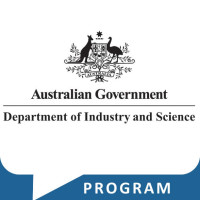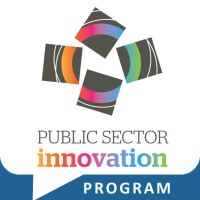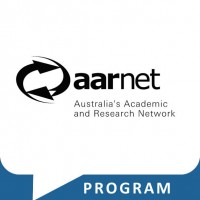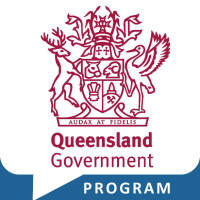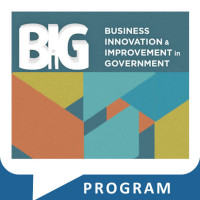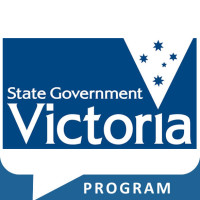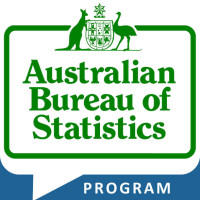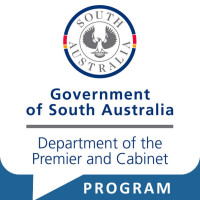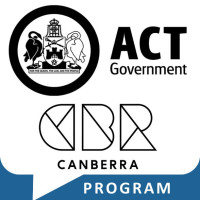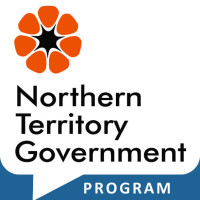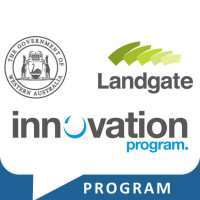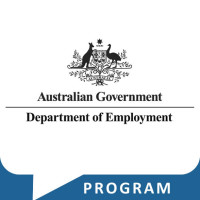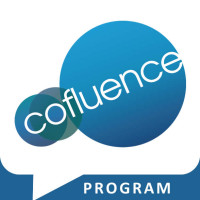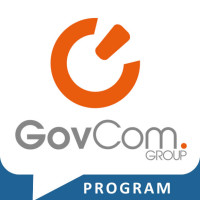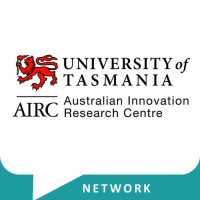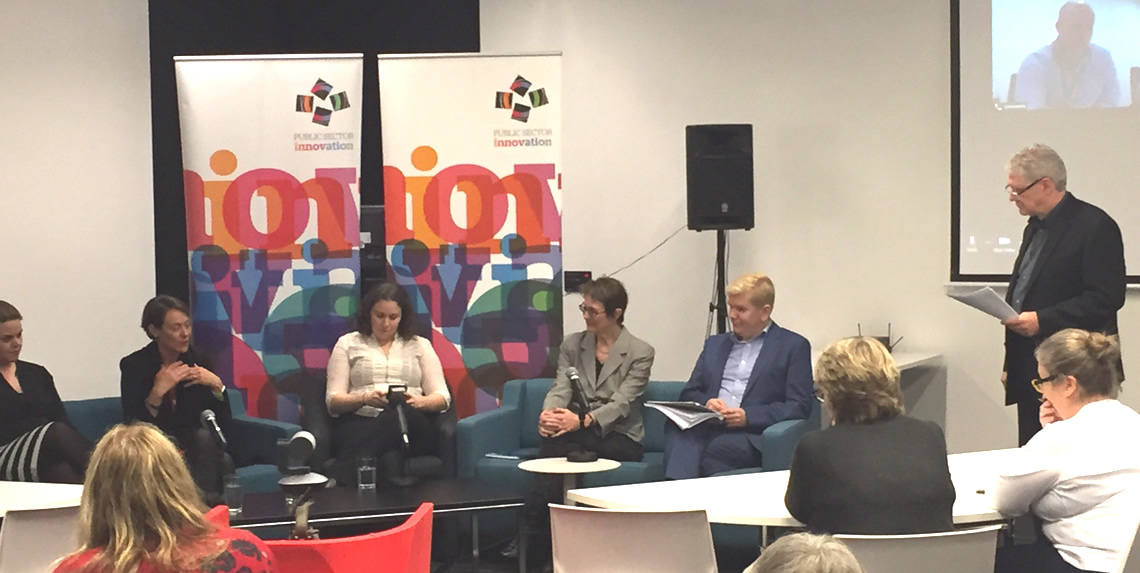
One of the issues faced in helping coordinate a national Public Sector Innovation Network is that my colleague Rob and I are located in Canberra. Sure there are a lot of public servants here, but certainly not all of them. Getting a good sense of what’s going on in the rest of the country can be difficult.
That’s why, in addition to setting up Innovation Chapters in other cities, we supported the GovCamp Innovation Dialogues as part of Innovation Month 2015. But what were they about? What did all of those events reveal?
On Friday 28 August we attended the GovCamp iN Forum, facilitated by John Wells and Allison Hornery who ran the Dialogue events around the country. The following is my attempt at sharing the highlights of the Forum. Additional information about the event and the Dialogue series will also be made available on the GovCamp site.
Perspective from the Digital Transformation Office
The morning began with a discussion with Paul Shetler, CEO of the Digital Transformation Office (DTO). Paul outlined the purpose of the DTO – to transform the experience the citizen has when interacting with government – and in discussion with John, noted that:
- The DTO team see themselves as being an incubator of digital talent across government
- There is recognition that it is not easy for startups (or NGOs) to work with government and there needs to be a change of mindset
- That there is something substantially different about ‘digital’ (as opposed to IT). It fits with the wider innovation discussion in that there is:
- Not just a recognition and embrace of services being requested through online channels, but a growing understanding that services are actually being delivered online
- A focus on agility and an acceptance that we don’t know everything at the beginning of the process, that there needs to be agility, and a willingness/ability to change throughout the process and respond to changing insights or findings
- An emphasis on putting the user first.
- These aspects can transfer to the policy space as well
- Traditional methods are still suitable when you know where you need to get to, and that you do not want to introduce uncertainty to project management for standard processes. However, when you don’t know the user needs, then you need to mitigate risk by using an agile approach. It is important to use the right method for the right problem
- The DTO team is eager to work with others across the innovation ecosystem.
Quick overview of Innovation Month
Allison and I provided a quick overview of some of the themes and insights from the varied events of Innovation Month, including:
- That a lot of the events touched on various aspects of ‘digital’, but that there still seems to be uncertainty about what that means for the rest of the public service outside of services
- Events and activities covered new ways of working – everything from modernisation to the truly new such as policy hacks and reinvention
- A strong appetite for conversations, sharing and collaboration between and across levels of government
- A feeling that there is a gap between some of the messages of strong support for innovation from senior leaders and what people feel they can do on the ground
- That some of this gap might be because innovation is still often seen as something extra rather than a core part of how things are done
- That the establishment of the Innovation Champions Group might help to start address some of that gap
- That the GovCamp Dialogues had identified that a lot of people perceive innovation in the public sector as currently being about productivity and procedural requirements, and making things better rather than challenging the model
- That there are a lot of great things already happening within the public service and with partners in the wider ecosystem.
Perspective from Christian Bason
In a pre-recorded interview between John and Christian Bason (former head of MindLab and now CEO of the Danish Design Centre) we heard:
- Change within organisations requires engagement with staff and with stakeholders, leaders taking responsibility, openness to new ideas and insights, and openness to uncertainty
- Uncertainty doesn’t sit well with bureaucracy but we can learn to have faith in methods such as design where you may not know what the end result will be, but you do know that you will end up with important insights and options
- The best public managers are those that trust the process and are okay with the discomfort and uncertainty of not knowing the outcome before they start the process, and yet are still willing to take responsibility for getting a result
- If we want to be professional about innovation, then we need a shared vocabulary and concepts about the process, and we need to look at who we’re recruiting into the public service
- We need to build different capacities within the public service in order to do different types of innovation
- Those of us in government often try to ignore complexity, yet it is increasing. The wider ecosystem can help us understand both what we do within government, but also how we engage outside of government
- Government has been playing catch up in using new ways of innovating
- Government has a special role within the system in giving new methods of innovating legitimacy
- A focus on productivity/efficiency for innovation may not ask the right question – are we getting more and more productive at creating dysfunctional outcomes? How do we create value?
- Of course we should fix things in the here and now but that is tinkering, it is not transformational, it is not human-centred governance. There is a need for a paradigm shift towards the much more radical innovation.
Panel Discussions
There were some panel discussions as well – below are some of the points from the combined discussions with Sarah Pearson, Carolyn Curtis, Pia Waugh, Alex Marsden, Martin Stewart-Weeks, Gail Fairlamb and Kym Peake.
- There is an emphasis on risk within the public service, but that focus ignores that there are considerable risks already happening with current approaches. As one speaker said, how much worse do things need to get for marginalised citizens before it is too risky not to innovate?
- We have to move beyond rhetoric, beyond ideas, and look at the whole innovation continuum including implementation
- There are different capabilities and timeframes needed for different types of innovation. Procedural/incremental innovation can be really important for getting the stories about practical innovation out there. We also need to recognise that the really ‘big’ innovations around systems and democracy is really, really difficult
- Sometime incremental innovation can just improve on a flawed model, when maybe a new model should be looked at
- It may be appropriate to have parts of the public service that play a catalytic role in testing and exploring new approaches, and then spinning them out to other agencies if/when they are found to work
- To build resilience into the ecosystem, you need training, cultural change, new tools, and sharing and empowering across networks of innovators
- Public servants need to see themselves as nodes in the network, not kings in the castle
- We need to look at what it is in our work practices that place obstacles to doing co-production. The public service has an opportunity to share power with the community, and bring them in on the problem solving process
- Innovation is also about valuing public servants, about giving them something fun to work with – a lot of what is done in the public service is a mix of boring and stressful
In terms of next steps, some points suggested included that:
- We need to understand what problems we’re trying to address and look for natural allies, including from the wider ecosystem
- We need to be honest about capability and what we’re good at, and then look to others who have the complementary capabilities to help or add value
- We need to identify what we are doing and why, and focus on the core shared issues rather than getting distracted by all of the issues or aspects that aren’t shared
- There needs to be thought given to how to bring others along, even if it involves taking them by the hand
- There has been some progress and things are happening. We should never convince ourselves that any of this is impossible. Practice can lead culture, we shouldn’t wait for the cultural change before doing something next.
I’d like to thank all of the speakers and participants in the Forum and the Innovation Dialogues held during July for their time and energy, and for all those who made them possible, particularly John and Allison.
This post originally appeared on the Public Sector Innovation Network website and is re-posted here with with the author’s permission
]]>
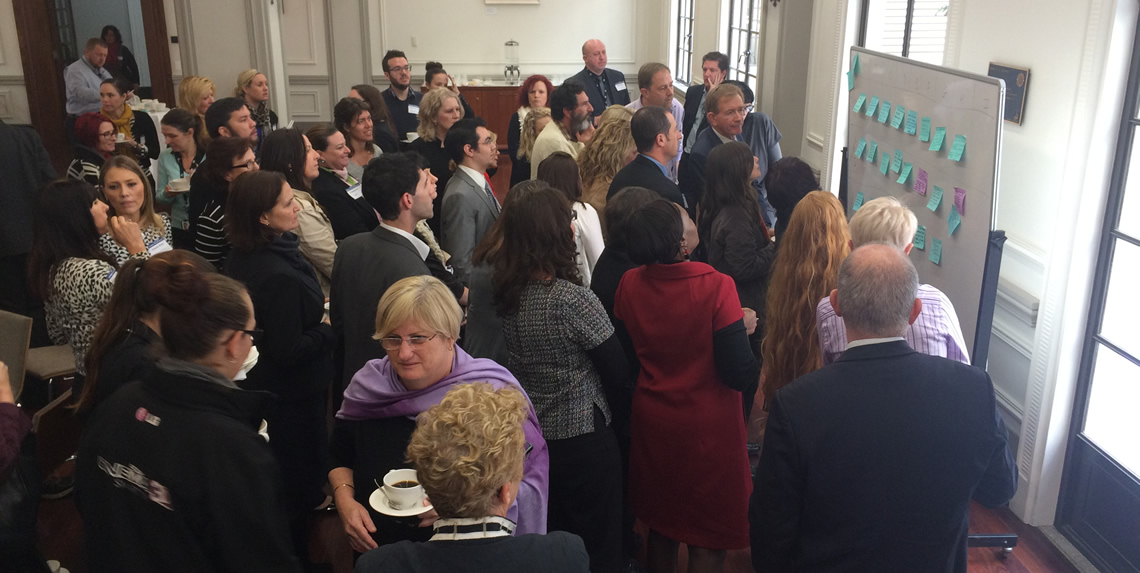
This is a guest post from Stephanie Denman, Senior Policy Officer, Resource Planning & Skills, Qld Department of Agriculture and Fisheries
Did you know that July is national Innovation in the Public Sector month? Innovation Month (3-31 July) offers a series of events each year designed to encourage, inform and enable the public service to further embrace innovation. The theme of 2015’s Innovation Month is ‘Dream, Dare, Do’.
As part of Innovation Month, I was fortunate to attend a GovCamp Innovation Dialogue in Brisbane. It was a great opportunity to get a taster for the upcoming National GovCamp in November, and I was so impressed with the camp I’ve put my hand up to join the organising committee.
What is GovCamp? GovCamp is a conversation. GovCamp is for people who are excited about tackling the challenges we meet in public sector head on. GovCamp is directed by the attendees – no formal programs, no set agendas – you set the direction. GovCamp gives you an opportunity to discuss new ways of operating, question old thinking and to collaborate with like-minded, innovative public sector professionals.
We tackled a number of themes including:
- What is public sector innovation?
- Challenges, blockages and opportunities to public sector innovation?
- What kind of person do you need to be to be an innovator in public service?
- Social innovation vs public sector innovation.
Coffee conversations covered a large number of areas such as how to improve a department’s briefing process, how to get better collaboration between departments, how to encourage innovation processes within a department and how to learn from failed innovation processes.
As a participant, it was a fast and energetic workshop, with many conversations continuing after the event had finished. I’m already looking at how I can apply some of the learnings from the day into my role and more broadly how we can add these to the innovation agenda within DAF.
To follow the live Twitter feed or read through the notes uploaded by participants directly to Hackpad head to http://interactions.cofluence.co/idbne/
This post originally appeared on the Queensland Department of Agriculture and Fisheries intranet and is re-posted here with with the author’s permission
]]>
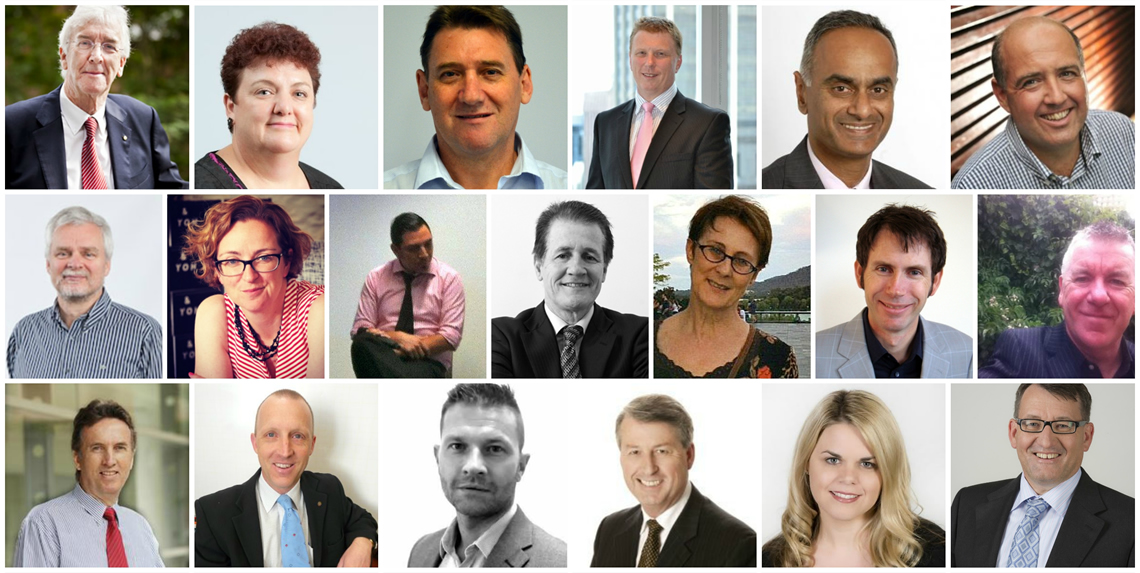
The GovCamp AU Innovation Dialogues events will all feature a panel session with innovation leadership guests, who will share their knowledge about and experience of public sector innovation, and highlight cases from within and outside the sector for innovative delivery of public policy and services.
Panel participants around the country confirmed so far include:
Greg Wells, former CIO for NSW Health and Program Director for ChildStory at NSW FACS
Prof. Sam Bucolo, Professor of Design and Innovation at the University of Technology Sydney
Paul McCarthy, observer of technology and author of the recently-launched book, Online Gravity.
Alun Probert, former Executive Director of Strategic Communications in the NSW Government and now GovCom Group
Dr Geoff Garrett AO, Queensland Chief Scientist
Dianne Jeans, Chief Strategic Policy and Innovation Officer for the QLD Department of Science, Information Technology and Innovation
Prof Brian Head, UQ Institute for Social Science Research
Brad Mullins, Director for Staff Innovation and Business Improvement Capability, ATO
Dr Tim Kastelle, Senior Lecturer in Innovation Management, UQ Queensland Business School
Prof Anthony Arundel, Professor of Innovation at the Australian Innovation Research Centre
Craig Perkins, CEO of the RDA Tasmania Committee and Mayor of the Meander Valley Council
Geoff Atkinson, State Manager AusIndustry Tasmania
Tony Henshaw, Board member of NICTA, CBRIN and the Digital Canberra Challenge
Alex Marsden, National Director of Museums Australia
Camilo Potocnjak Oxman, Innovation ANU
Carolyn Curtis, CEO of The Australian Centre for Social Innovation (TACSI)
Dr Kristin Alford, founding director of Bridge8
Kym Peake, Deputy Secretary, Governance Policy and Coordination, VIC Department of Premier and Cabinet
Alistair Jones, Executive Director at the WA Department of Treasury
Prof. Tarun Weeramanthri, Chief Health Officer and Assistant Director General, Public Health for the WA Department of Health
Peter Clarke, Commercial Adviser of the Entrepreneur Infrastructure Programme
Greg Riebe, co-founder and the current Chairman of the WA Angel Investors network
Sandra Draper, General Manager of Industry and Innovation, WA Department of Commerce
Marion Burchell, Acting Executive Director, Policy and Governance at Office of the WA Government Chief Information Officer
John Ravlic, former National Chief Executive of Local Government Managers Australia
]]>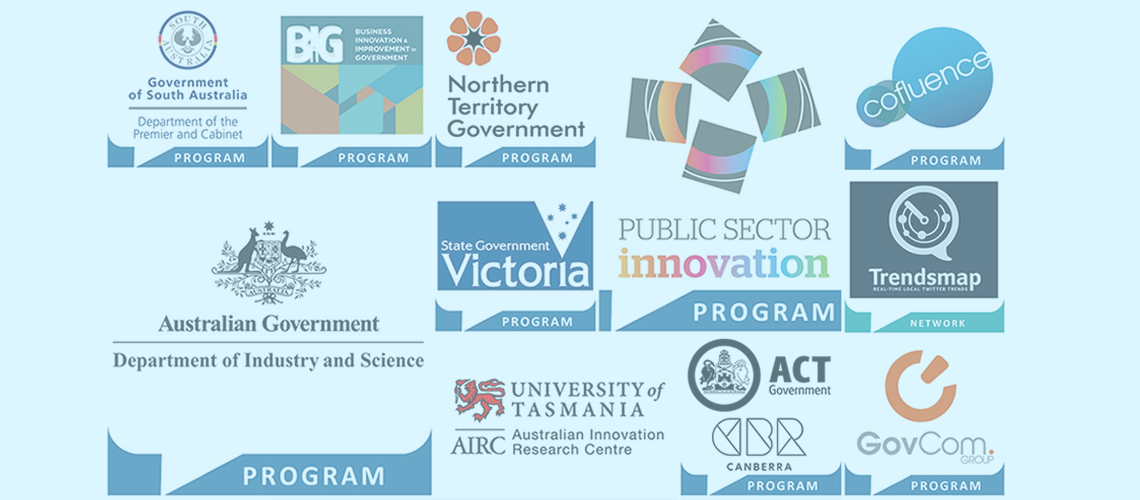
We are grateful to the generous support in 2015 of a network of partners and collaborators across Australia from within the public sector as well as other supporters. This roster is constantly growing – currently, official supporters include:
Program partners
Network partners
To see past GovCamp public sector partners and other supporters, please visit our Partners and supporters page.
]]>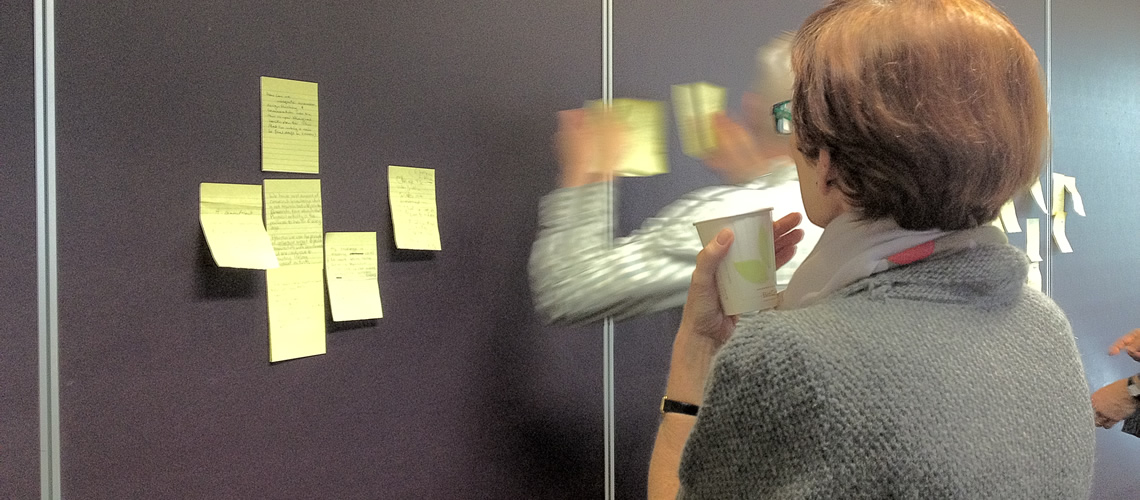
A National Dialogue on public sector innovation
Throughout July, GovCamp Australia will be hosting a National Dialogue program on innovation leadership for the public sector. This program of discussion events is designed to give public sector professionals from Federal, State/Territory and local governments a fresh opportunity for outreach, mobilisation and participation in their capital city.
Themes of co-innovation and innovation leadership are intended to establish a challenging context for discussion, raising for debate whether innovators are by nature a type of informal peer leader who may inspire, encourage and mobilise others. The theme will be explored through broad questions as a way to elicit localised issues and experience. These may include, for example:
- What is the current culture of public sector innovation? What are the barriers to and conditions for PS innovative programs?
- What are the emerging trends for innovation practice in other sectors?
- What are examples of cross-agency and cross-sector collaboration in public service innovation?
- What are some contemporary & emerging examples of public sector innovation in practice?
- How can public sector innovation translate into improved service delivery and agency performance?
GovCampAU Innovation Dialogues: State and Territory sessions throughout July
Open conversation events will be held in capital cities around Australia throughout July as part of Public Sector Innovation Month. Unlike a conventional GovCamp, these half-day events will be convened during the work week and bring together Federal APS practitioners, together with people from state and local government, industry and civil society. These events will stimulate discussion, debate and sharing of knowledge about public sector innovation, as well as highlighting cases from within and outside the sector for innovative delivery of public policy and services.
Each Innovation Dialogues event will be a facilitated discussion session held partly in ‘unconference’ mode of a GovCamp event. The format is envisaged as:
- Opening panel – featuring innovation leadership guests
- Conversation café segment – to stimulate interaction and focus the topic
- Unconference format discussion streams
- Closing roundup session
In the spirit of ‘’social knowledge, the discussion in each location will be captured using social tools, and the local co-hosts of each GovCamp event will contribute to a national leadership roundtable event hosted from Canberra as the official closing event for Public Sector Innovation Month.
]]>